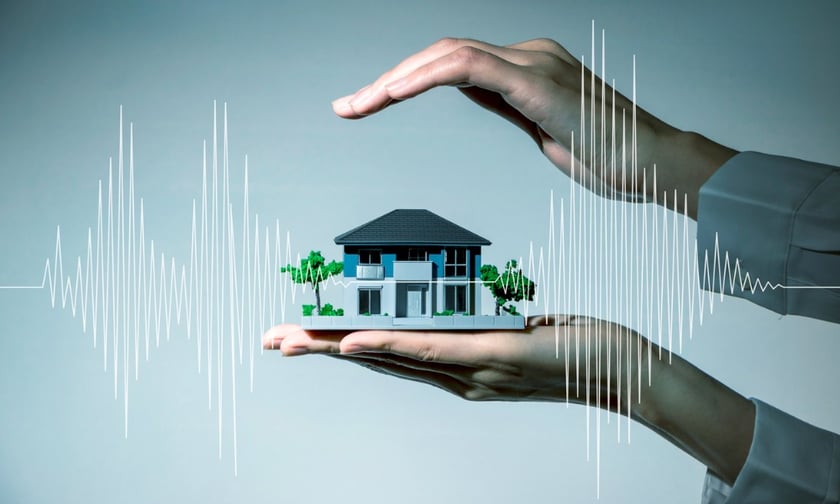

Research into how insurance cash settlements impacted homeowners after the Kaikōura earthquake is expanding to Wellington, with a focus on improving how insurers respond to future disasters.
Christchurch-based research group Resilient Organisations, with support from the Natural Hazards Commission (NHC) Toka Tū Ake, is examining how different communities handle the recovery process and what insurers can do to meet their needs.
Initially launched in 2022, the project surveyed 900 homeowners in the Kaikōura, Hurunui, and Marlborough regions who received cash settlements for property repairs. The research included interviews with tradespeople, insurance assessors, real estate agents, and engineers. Now, the study is moving into its second phase, extending its scope to urban areas like Wellington.
Kaikōura earthquake claims were mostly settled with cash payments, which resolved faster than the managed repairs approach used for Christchurch earthquake claims. Dr. Charlotte Brown, joint managing director at Resilient Organisations, stated that many claimants valued the control that cash settlements gave them, with 70% indicating a preference to manage their own repairs in the future.
“Cash settlement is the default way that claims are managed, and it appears to be working well for most claimants, but we expect to see nuances between different communities,” said NHC head of research Dr. Natalie Balfour.
The Kaikōura settlement process also contributed to the development of the Natural Disaster Response Model, where private insurers serve as agents for NHC. This model has since been used for major weather events, including Cyclone Gabrielle.
Looking forward, the study will analyze existing data to explore trends in homeowner demographics, such as age, income, and mortgage status, to identify how these factors affect the recovery experience.
“The more we know about how different groups experienced the recovery after the Kaikōura event, the more informed insurers will be responding to those homeowners, supporting their wellbeing and quality housing repairs following future natural disasters,” Brown said.
